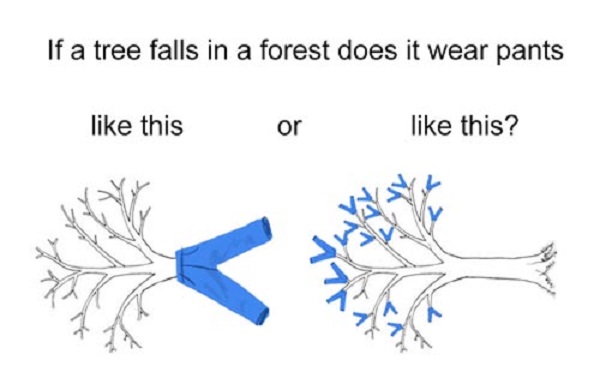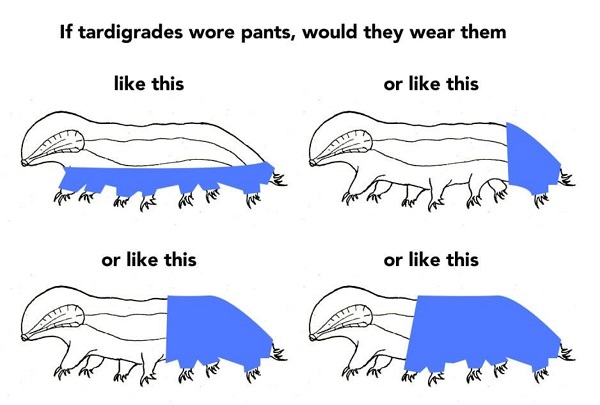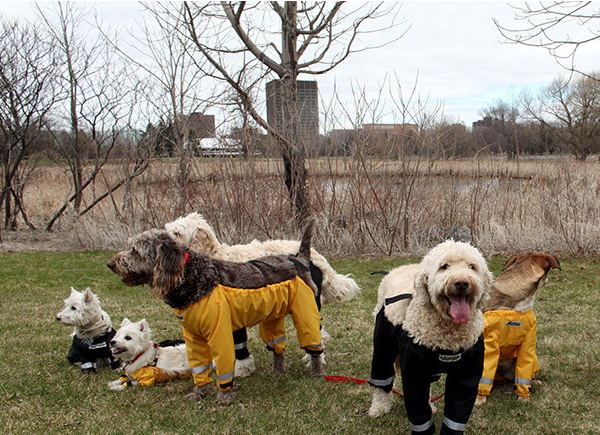This I must watch on Netflix
Monday, August 28th, 2017[ by Charles Cameron — continuing in the pesky socratic tradition ]
.
**
Here’s the possible parallelism, d’you dare say it’s a moral equivalence, are the scales even close to equal, or isn’t that the moral point anyway?
Just a few years after the destruction of European Jewry, the soldier wonders, have we now become oppressors? Have the Arabs now been sent into exile?
Here’s the whole paragraph:
In 1949, Yizhar Smilansky, a young Israeli veteran, national legislator, and novelist writing under the pen name S. Yizhar, published “Khirbet Khizeh,” a novella about the destruction of a lightly fictionalized Palestinian village near Ashkelon, some thirty miles south of Tel Aviv. Writing from the point of view of a disillusioned Israeli soldier, Yizhar describes the Army’s capture of the village and the expulsion of its remaining inhabitants. The time is 1948, the moment of Israel’s independence and its subsequent victory over five invading Arab armies that had hoped to erase the fledgling Jewish state from the map. It would be forty years before the New Historians—Benny Morris, Avi Shlaim, and Simha Flapan among them—marshalled the nerve and the documentary evidence required to shatter the myth that hundreds of thousands of Palestinian Arabs had all voluntarily “abandoned” their cities and villages. Yizhar was there to bear witness in real time. He wrote from personal experience; he had been an intelligence officer in the war. In “Khirbet Khizeh,” Yizhar’s protagonist is sickened as he comes across an Arab woman who watches as her home is levelled: “She had suddenly understood, it seemed, that it wasn’t just about waiting under the sycamore tree to hear what the Jews wanted and then to go home, but that her home and her world had come to a full stop, and everything had turned dark and was collapsing; suddenly she had grasped something inconceivable, terrible, incredible, standing directly before her, real and cruel, body to body, and there was no going back.” Just a few years after the destruction of European Jewry, the soldier wonders, have we now become oppressors? Have the Arabs now been sent into exile? And why can’t I bring myself to protest? “Khirbet Khizeh” eventually became part of the Israeli public-school curriculum.
**
Source & resource:
David Remnick, How Do You Make a TV Show Set in the West Bank? Netflix, Fauda
**
With any luck, I’ll report back at some point. It seems to me that a love of the individual Palestinian should nest within a love of the State of Israel as the circles in the tai chih symbol rest within the swirls of the opposite colors. But what a charged topic!
A koan!
















